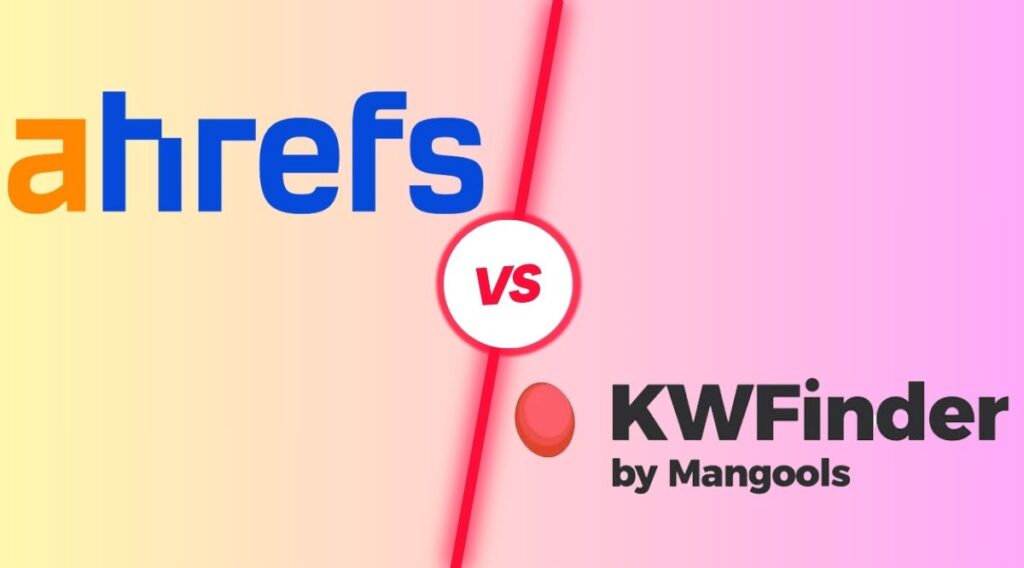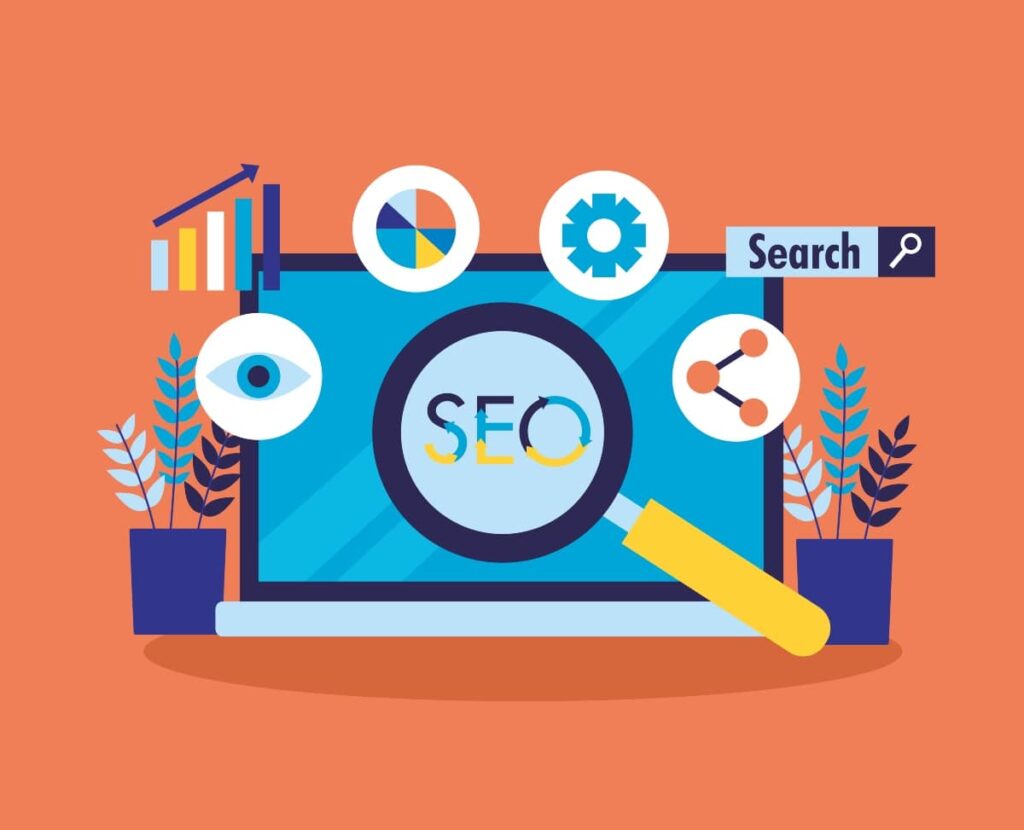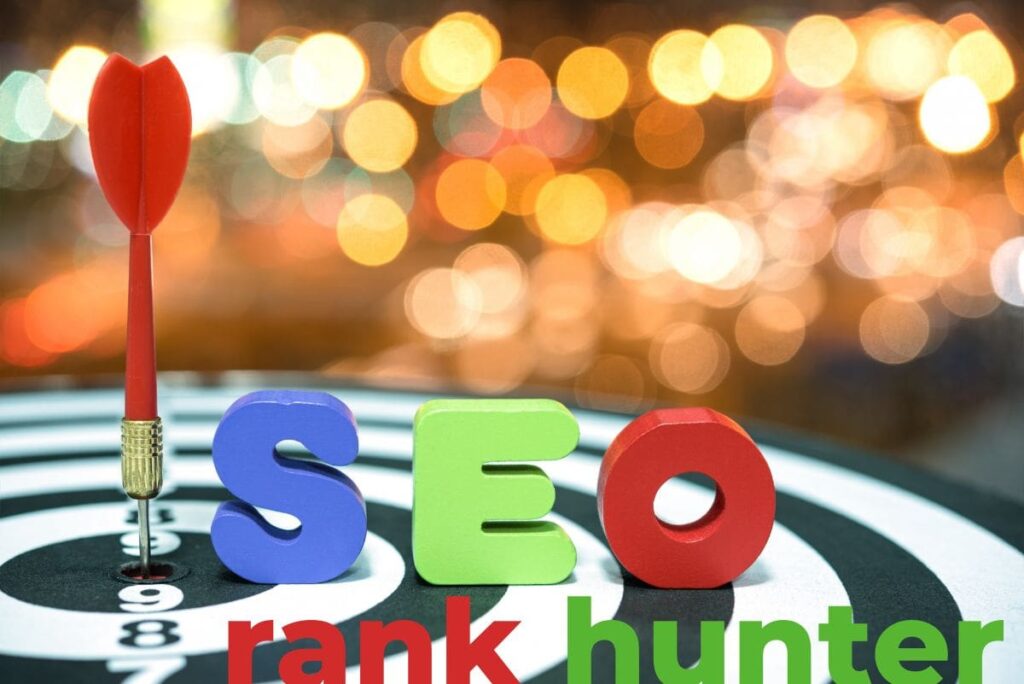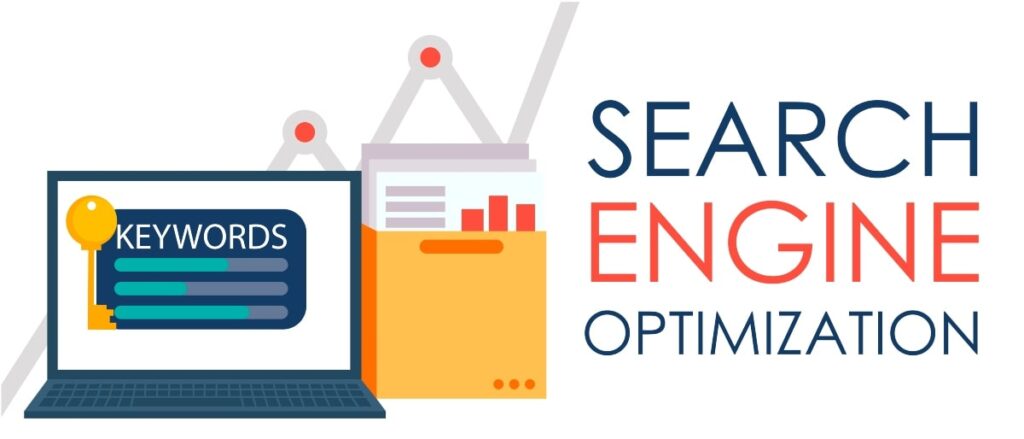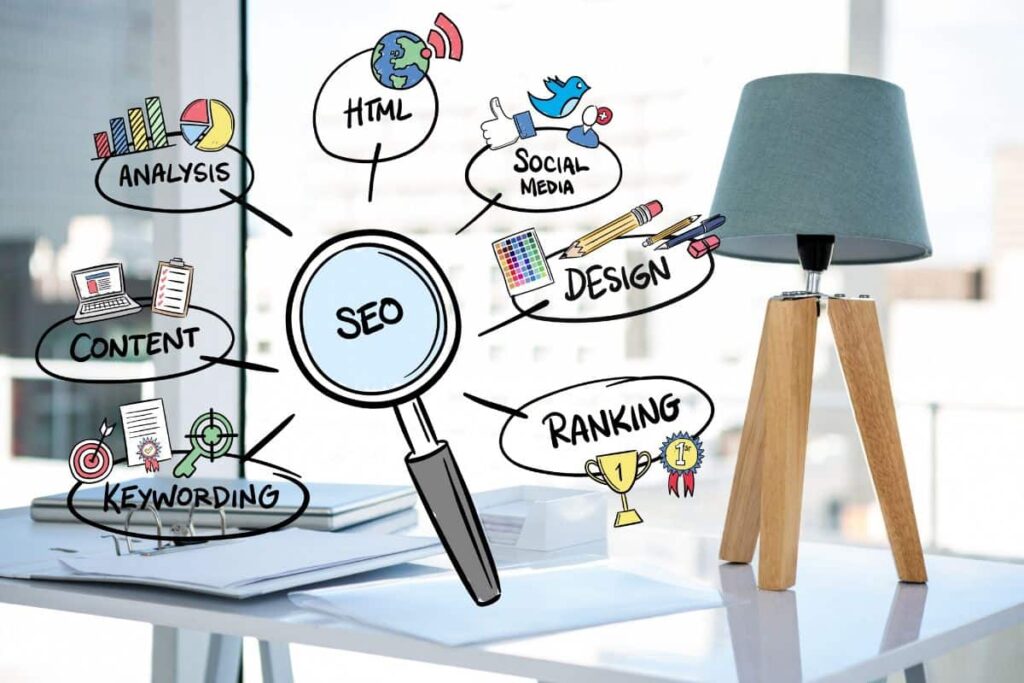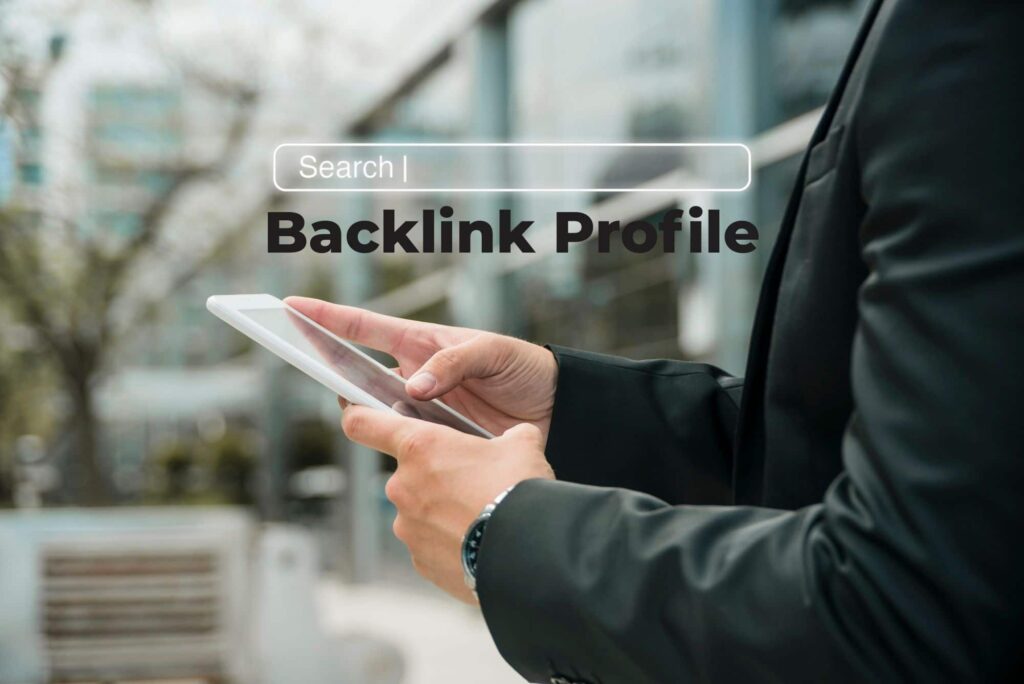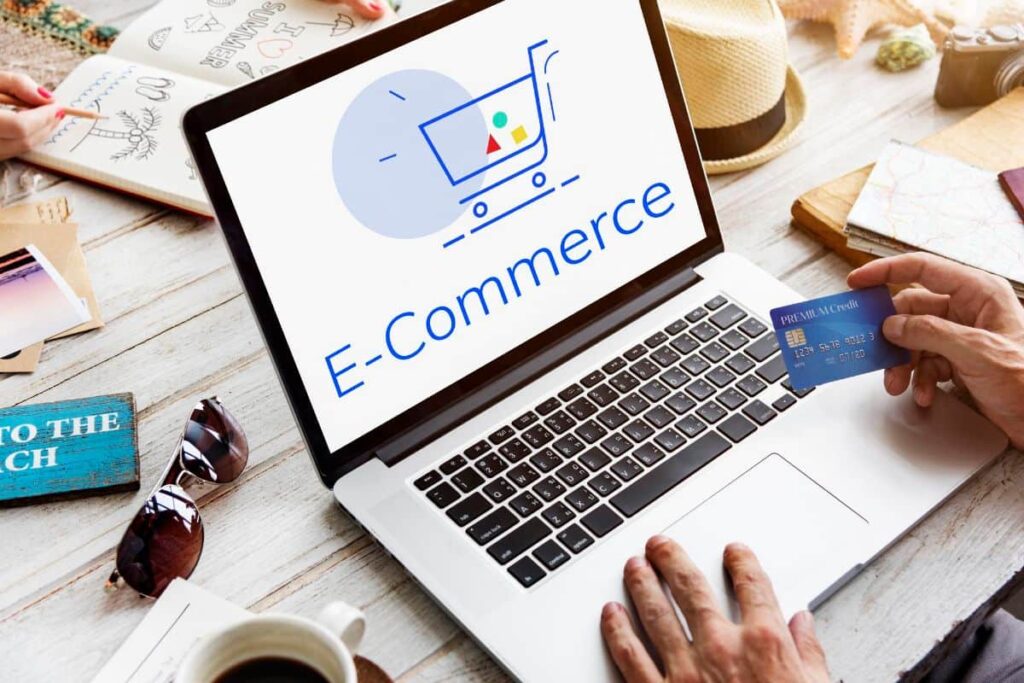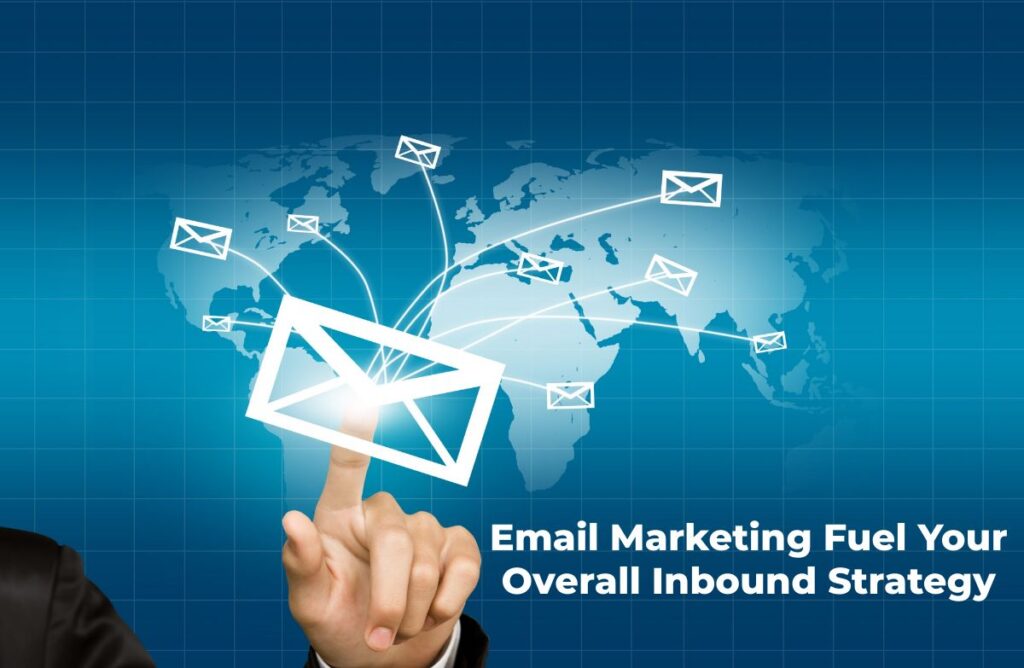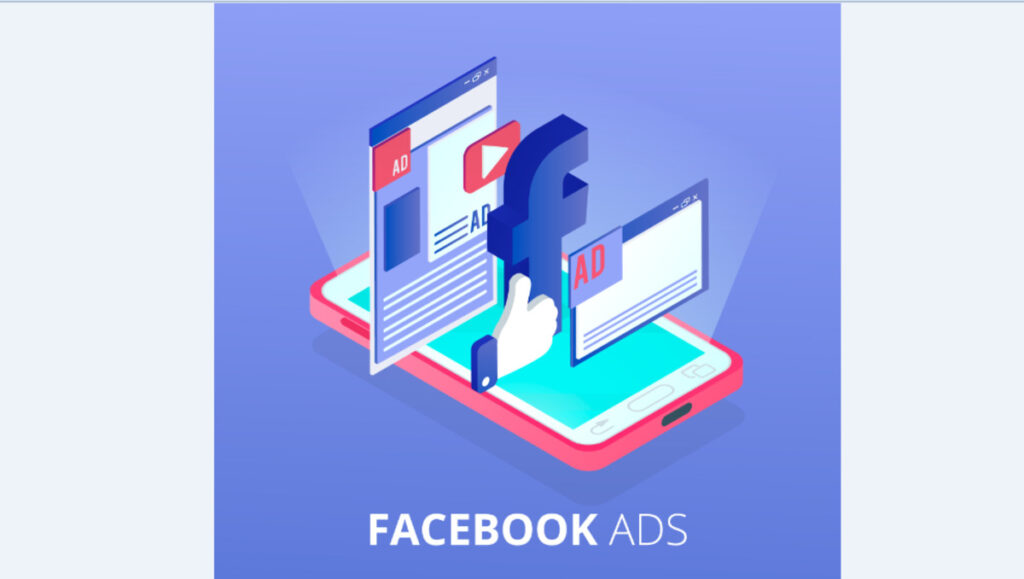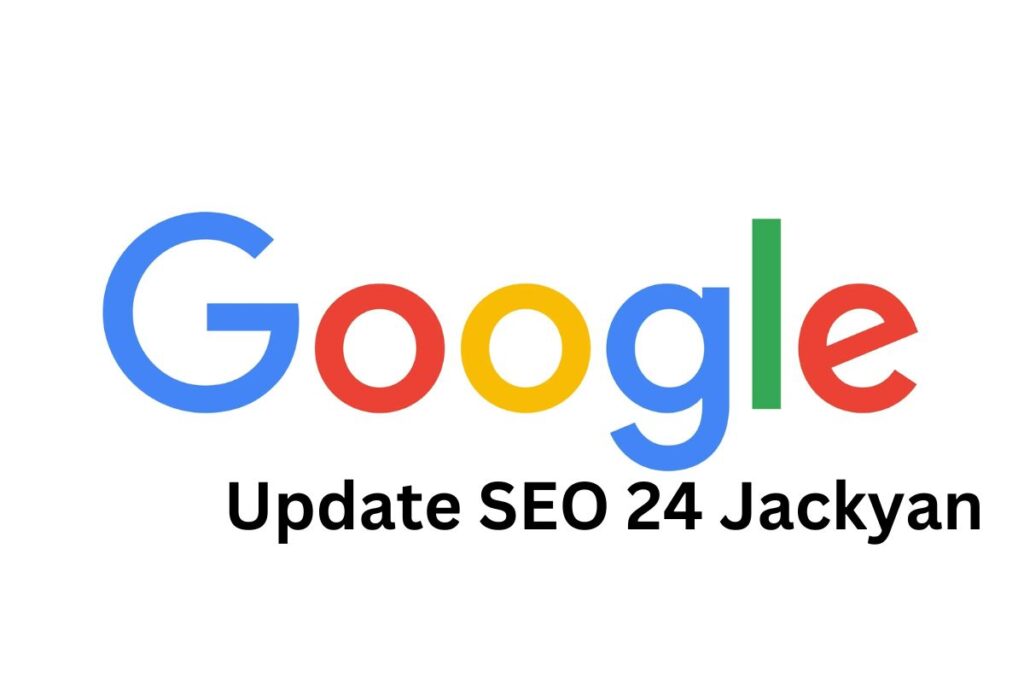In the current corporate climate, digital marketing has emerged as an indispensable facet of B2B interactions. In contrast to B2C marketing, which targets specific customers, B2B Digital Marketing aims to forge robust relationships between businesses. This form of marketing necessitates a nuanced approach, leveraging cutting-edge technologies and sophisticated strategies to engage corporate clients effectively.
The Essentials of B2B Digital Marketing
What is B2B Digital Marketing?
B2B digital marketing, or business-to-business digital marketing, refers to the promotion of products or services from one business to another through online channels. Unlike B2C (business-to-consumer) marketing, B2B marketing targets decision-makers within organizations. The objective is to create enduring bonds and establish trust, which are crucial for business transactions that often involve significant investments and longer sales cycles. Utilizing various digital platforms, B2B digital marketing leverages email campaigns, social media, content search engine optimization (SEO), marketing, and additional means of communication and interaction with corporate clients.
What are B2B Digital Marketing Strategies?
B2B digital marketing strategies encompass a range of tactics designed to attract, engage, and convert other businesses into customers. Key strategies include:
- Content Marketing: Creating valuable, relevant content such as blog posts, white papers, case studies, and webinars that address the needs and challenges of your target audience.
- Search Engine Optimization (SEO) involves Improving your content and website to rank higher in search engines, facilitating potential customers’ discovery of you.
- Email Marketing: Creating customized email marketing programs to cultivate leads, share updates, and move prospects through the sales funnel.
- Social Media Marketing: Leveraging platforms like LinkedIn to connect with industry professionals, share insightful content, and build brand authority.
- Pay-Per-Click (PPC) Advertising: Using paid search and display advertisements to increase targeted website traffic and generate leads.
3 Key Benefits of Digital Marketing for B2Bs
Measurable Results
One of the most significant advantages of B2B digital marketing is its measurability. Advanced analytics tools allow businesses to monitor and assess how well their marketing initiatives are performing in real-time. Metrics like conversion rates, website traffic, and lead generation provide clear insights into what strategies are working and where improvements are needed. This data-driven approach enables companies to maximize their marketing efforts and make wise selections to achieve desired outcomes.
Improved Search Engine Rankings
SEO is a cornerstone of B2B digital marketing. By optimizing your website and content for search engines, you can achieve higher rankings in search results, making it easier for potential clients to discover your business. Higher search rankings not only increase visibility but also enhance credibility, as companies tend to put their faith in businesses that have top search results.
High Return on Investment (ROI)
Digital marketing often delivers a higher ROI compared to traditional marketing methods. With targeted campaigns, businesses can reach the right audience at the right time, minimizing wasted resources and optimizing their marketing investment’s impact. Furthermore, the capacity to monitor and evaluate performance means that companies can continually refine their strategies to ensure the best possible return on investment.
Five B2B Digital Marketing Techniques to Increase Income and Sales
In-Depth Content Marketing
Developing comprehensive, in-depth content that addresses the specific requirements and difficulties of your target audience can position your business as an industry leader. This information draws in prospective customers and builds trust and authority, making it more likely that companies will choose your solutions.
Targeted Email Campaigns
Personalized email campaigns that segment your audience based on their interests and behaviors can significantly enhance engagement and conversion rates. Automation tools can streamline this process, ensuring that the right message reaches the right person at the right time.
Effective SEO Practices
Investing in robust SEO practices, including keyword research, on-page optimization, and backlink building, can improve your website’s visibility and drive organic traffic. This greater visibility results in more qualified leads and, ultimately, higher sales.
Leveraging Social Media
Active participation on social media platforms, particularly LinkedIn, allows you to engage directly with industry professionals and potential clients. Sharing insightful content, participating in discussions, and showcasing your expertise can help build a strong online presence and attract new business opportunities.
Utilizing PPC Advertising
PPC marketing can be a very successful strategy for generating leads quickly. You can use specific demographics and keywords as targets to guarantee that businesses see your advertisements and actively search for solutions like yours. Well-crafted PPC campaigns can boost the likelihood that visitors to your website will become buyers by bringing in targeted traffic.
Understanding the B2B Digital Marketing Landscape
Target Audience
The audience in B2B digital marketing comprises decision-makers within organizations. These individuals, often executives or senior managers, are tasked with making informed choices that benefit their companies. Hence, marketing efforts must be tailored to address their specific needs and pain points, showcasing how products or services can resolve business challenges and enhance operational efficiency.
Decision-Making Process
The B2B decision-making process is typically protracted and involves multiple stakeholders. Unlike the relatively quick decisions seen in B2C transactions, B2B purchases often require extensive research, consultations, and consensus among various departments. This complexity demands a strategic approach that provides thorough information and builds trust over time.
Essential Elements of an Effective B2B Digital Marketing Plan
Content Marketing
Content is the cornerstone of B2B digital marketing. High-quality, informative content positions a business as an industry thought leader. White papers, case studies, blog posts, and webinars are instrumental in providing valuable insights that help prospective clients make informed decisions. This content must be meticulously researched and expertly crafted to address the specific interests of the target audience.
Search Engine Optimization (SEO)
Effective SEO is critical in ensuring that content reaches its intended audience. Through keyword and phrase optimization, companies can enhance their exposure on search engines, resulting in natural traffic to their websites. Technical SEO, including site speed, mobile-friendliness, and secure connections, further bolsters a site’s ranking and user experience.
Email Marketing
Email remains a potent tool in B2B digital marketing. Personalized email campaigns can nurture leads, provide valuable updates, and guide prospects through the sales funnel. Segmentation and automation are key elements that allow companies to convey messages that are relevant and customized to Marketing. Social media platforms, particularly LinkedIn, are invaluable for B2B marketing. These platforms facilitate direct engagement with industry professionals, enabling businesses to share content, participate in discussions, and showcase their expertise. An intelligent social media presence can greatly improve brand visibility and credibility.
Leveraging Advanced Technologies
Marketing Automation
Automation technologies help marketers concentrate on strategy and creativity by streamlining repetitive processes like social media posting and email marketing analysis. These tools also provide detailed analytics, assisting businesses in understanding their audience’s behavior and refining their marketing efforts accordingly.
Data Analytics
In the realm of B2B marketing, data is paramount. Advanced analytics tools offer insights into customer behavior, campaign performance, and market trends. By harnessing big data, businesses can make data-driven decisions, optimizing their strategies for maximum impact.
Artificial Intelligence (AI) and Machine Learning
AI and machine learning are revolutionizing B2B marketing. These technologies enable predictive analytics, personalized content recommendations, and chatbots for customer service, enhancing the overall customer experience. By leveraging AI, businesses can anticipate client needs and deliver tailored solutions.
Measuring Success in B2B Digital Marketing
Key Performance Indicators (KPIs)
It is essential to track relevant KPIs to gauge the efficacy of B2B digital marketing efforts. Metrics such as website traffic, lead generation, conversion rates, and customer acquisition costs provide a comprehensive view of a campaign’s performance. Regular analysis of these indicators helps refine strategies and achieve desired outcomes.
Return on Investment (ROI)
Determining the ROI of digital marketing activities is crucial for assessing their financial viability. By calculating the revenue generated from marketing efforts against the costs incurred, businesses can identify the most profitable channels and strategies. This financial insight aids in optimizing budgets and enhancing overall marketing efficiency.
Future Trends in B2B Digital Marketing
Personalization
The demand for personalized experiences is set to intensify. Businesses will increasingly leverage data to deliver highly customized content and solutions, addressing the unique needs of each client. This trend underscores the importance of a customer-centric approach in B2B marketing.
Interactive Content
Interactive materials, including surveys, quizzes, and interactive infographics, will gain prominence. These engaging formats not only capture attention but also offer insightful information about customers’ interests and actions, facilitating more effective targeting.
Sustainable Marketing
Businesses are starting to take sustainability more seriously. Marketing strategies that highlight environmental responsibility and social impact will resonate more with corporate clients, who are increasingly prioritizing sustainability in their procurement decisions.
Conclusion
B2B digital marketing is a dynamic and complex field that demands a strategic and informed approach. By understanding the unique aspects of B2B interactions and leveraging advanced technologies, businesses can forge meaningful connections with their corporate clients. As the digital environment keeps changing, staying up to date with new developments and always improving tactics will be key to sustained success.
B2B digital marketing is a multifaceted discipline that necessitates a calculated strategy to reach and engage new developments successfully. Always improving tactics will be key to sustained success—corporate clients. Using a blend of SEO, content marketing, email campaigns, social media engagement, and PPC advertising, businesses can enhance their visibility, generate quality leads, and achieve a high return on investment.







